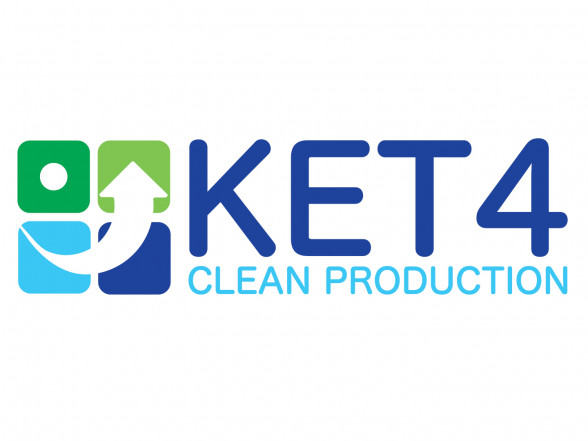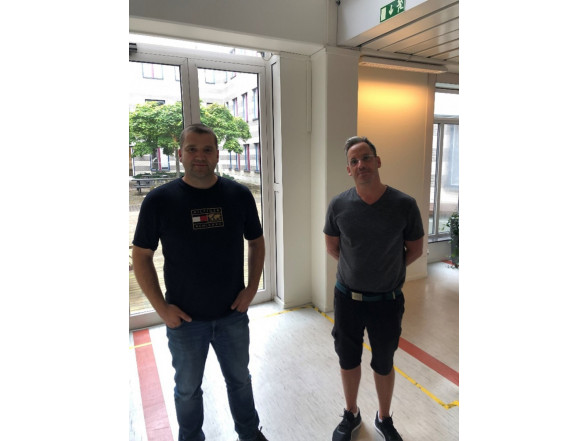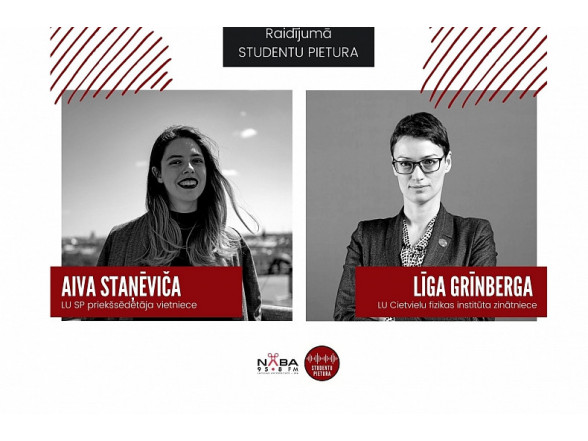In November, key enabling technologies for clean production (KET4CP) launched a new package of services through its website: https://www.ket4sme.eu/. These services allow small and medium-sized enterprises (SMEs), business support organizations, technology training providers and investors to access the technology expertise in EU approved centers of excellence like the Institute of Solid State Physics, University of Latvia. Examples may be for technology due diligence, study tours, technology road mapping, validation and certification, access to equipment and facilities, reports and customized technology consultancy. Through Key Enabling Technology Centers across Europe, KET4CP offers specialized services.
The KET4CP Community is created in the framework of the EU-funded project KET4CleanProduction, (Horizon 2020 coordination and support action project) and aims to establish an open innovation ecosystem by interconnecting three main stakeholder groups to develop innovative solutions for cleaner production processes across Europe. Through encouraging the use of advanced manufacturing technologies and related KETs production processes are supposed to upgrade towards a more energy - and material - efficient state. The community focuses on and is comprised of the following main stakeholder groups: SMEs; KETs Technology Centers (KET TCs); Enterprise Europe Network (EEN) partners.
The ISSP UL follows research priorities set by the European Commission and the Latvian Government, as well as specialization of CAMART2 project defined according to RIS3 topic for Latvia “Smart materials, technology and engineering systems”, which are all in line with the European strategy for KETs:
- Nanotechnology: research of thin films, nanostructured surfaces and nanocomposites for applications in optics, electronics and photonics.
- Micro and nanoelectronics (including semiconductors): experimental studies of electronic and ionic processes in wide-gap materials with different degree of structural ordering.
- Advanced materials: theoretical modelling of physical and chemical processes, structure and properties; development of multifunctional and hybrid materials for energy applications including photovoltaic elements, fuel cells, hydrogen energetics and light emitting diodes.
- Photonics: elaboration of functional organic and inorganic materials.
An example of KET4CP in action - Slovenian glassware company Hrastnik 1860 is developing a new smart glass bottle which requires transparent electrodes. In addition, the goal is to make the electrode formation process more efficient and reduce waste. By applying to the KET4CP platform, Hrastnik 1860 found two technology centers, applied for funding and the project was supported. One technology center (Jožef Stefan Institute) develops transparent electrode forming technology using the “screen print” method and the other technology center (ISSP UL) participates in the characterization of the optical properties of these electrodes. The partners are currently preparing the first series of samples.



